Savings and Investments For Seafarers : Getting Started With Financial Planning
So far in the last 5 articles I have taken you through the maze of Financial World and tried to familiarise you with the various aspects of the same; just the way you are taken for a familiarisation round, when you join the ship.
aceace
Even if you join a new ship for the umpteenth time, you will always be taken for the familiarisation- similarly, if you are dabbling in various savings and investments plans, you will do well to read the previous FIVE articles before proceeding with this one.
Here’re links to previous articles: – Importance of Financial Planning for Seafarers , 10 Common Financial Mistakes Seafarers Make , Little Know Facts About Magic Of Savings Seafarers Should Know , 4 Types of Investments That Kill Seafarers’ Hard Earned Money & Insurance – What Seafarers Must Know Before Purchasing.
Now let’s get on with savings and investments..
What are Savings and what do we mean by investments? We keep hearing the two terms interchangeably; does it mean both are same?
It took me quite a while to learn to differentiate between the two and had to form a definition of my own for the purpose of explaining to my daughter and other colleagues whom I had introduced to finance. Once again, this definition may not exist in any book.
When you keep a part of your earnings (or pocket money from your parents) and keep it away in a piggy bank, proper bank, under the mattress or in the backyard under the apple tree – it is called SAVINGS. It may earn some fixed interest or it may not, but it will still be called Saving.
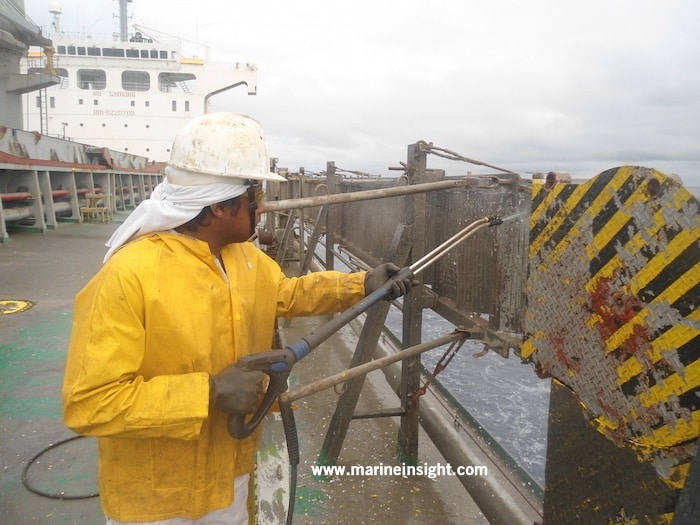
Money does not change its form and largely remains in the same currency till you decide to exchange it. Savings are usually risk-free but offers very little by way of increase, may not be tax efficient and WILL NEVER keep up with the inflation. This means, that the real value of your money will always come down with time and in the long term.
When seafarers buy shares, land, flat, house, gold or give it to someone for business as a loan with a promise of share of his profits (whether he gives it to you or not is entirely different question)- the currency immediately changes form and takes the form of ASSET that they have purchased. This is called INVESTMENT. The value of this investment can remain same, go down or increase infinitely. All these avenues and many more are called INVESTMENTS.
So to start with, it should be clear that we have to split our limited money between both Savings and Investment. In my earlier articles, I explained about schemes where money is destroyed because of low returns. But since there is always an inherent risk with ALL types of investments, we have to wisely split our earnings between Savings and Investments.
In investments, we will slowly learn that we will have to spread our money across all sectors i.e. Real Estate, Shares or Mutual Funds, Gold and any other asset that you may learn about later on.
About savings, I have already discussed enough about utilising your money and putting it in the most efficient avenue where you can get a relative interest rate, be safe and tax efficient.
We shall elaborate more on investments now.
Once the money has been earned you may first save it and then channelize it for your investments.
I shall first discuss about Shares and Capital market Investments, because this is the most popular but risky form of investment. However it is a necessary avenue and if we understand it well and look for the right way to move, it will prove to be the best friend for you.
INVESTMENTS- IN COMPANIES
This will form the most important chapter of the series where we will start to discuss the maze “out there” which is called Investments. Those who are already familiar with this field may also continue reading as there is bound to be some useful information for them.
A country is dependent upon its infrastructure and facilities that it can offer. This is the reason that we treat the western countries as advanced and also feel the comfort and convenience as our country develops and progresses.
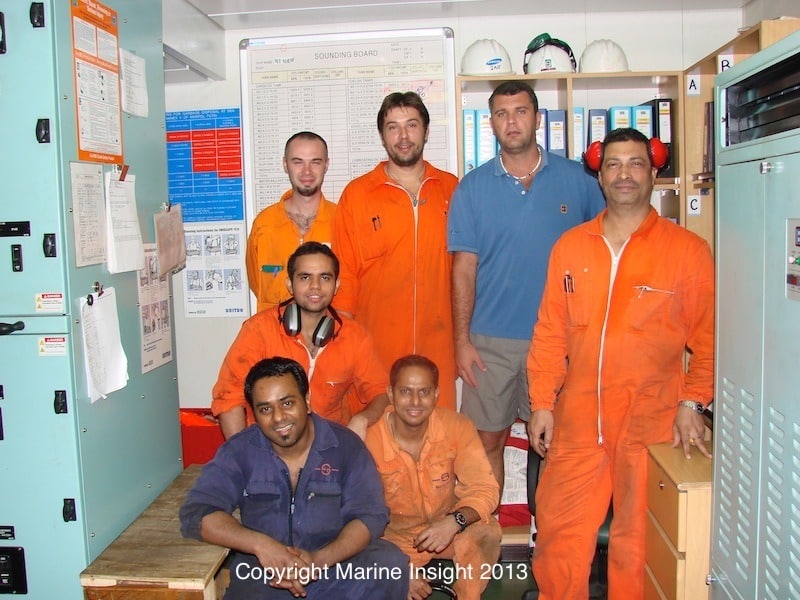
This infrastructure and facilities in terms of material resources and benefits such as Banking, Petro products, Health facilities and medicines, Capital or Industrial goods, Consumer goods and all other things not covered by the list are provided by companies which are either Public Sector(Government owned) or Privately controlled or Private Sector. When the public sector company needs money to manufacture or any other need, Government simply takes a portion out of the taxes which citizens pay and gives it to the Public Sector Company calling it- it’s own money. It can also go the way as described next of the private companies.
If a Private Limited Company needs money it can raise it in quite a few ways:
- Taking Private Loans: these can be taken from Private money lenders or Financial Institutions like IFCI, IDBI and Mutual Fund companies which have special funds for lending which will give it to them on a certain fixed rate of interest, depending upon the term and risk profile of the company.
- Company Fixed Deposits: Like Bank fixed deposits the companies issue fixed deposits which are not secured by anyone except the reputation of the company. Hence obviously the lesser known or risky companies will offer a rate of interest which is higher than safer companies.
- Debentures: These are also of various categories and offer a fixed rate of interest to the investor. This rate of interest may be more than the bank but is taxable and not always open for the NRIs or expatriates.
- Shares: Are the most popular form of raising capital by a company and are also most liquid and most risky as in common language. By buying a share of any company the person becomes an investor and also a shareholder in that company, howsoever small maybe his quantity of shares.
Why it was important to mention, the above 4 instruments (though there are some more) is because each of them will directly or indirectly form an element of our investment philosophy.
When and if a company goes bankrupt, the cash realised after selling the company, it is paid off in the above sequence of priority i.e. the creditors are paid first, FDs next, Debentures next and finally if anything remains is paid off to the shareholders. This is because the shareholders are the partners in business with the owners (who are called Promoters after a company goes public).
This is also to explain to you the seriousness of the investments that you get into when you buy any of the above, since with the facility of internet now you can buy anything anywhere anytime, provided you are allowed to do that by law.
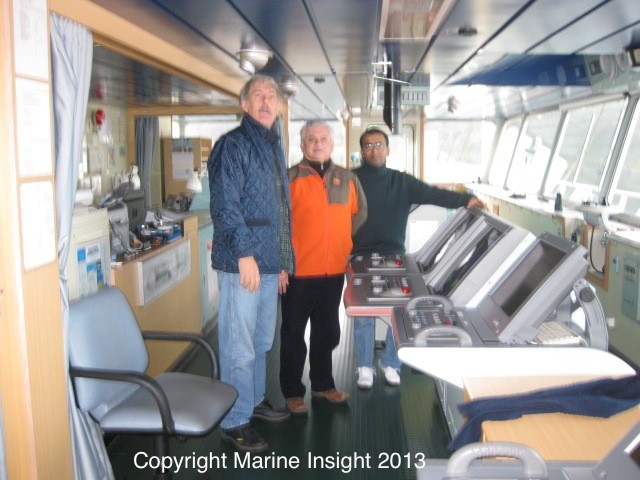
SHARES STOCKS AND CAPITAL MARKET
Shares of any company can be purchased at two times. One is as a IPO (Initial Public Offer) when a company goes public for first time. At this time the share of Rs.10 face value will have a certain premium attached to it. Whatever no. of shares that you apply for, you may not be allotted. You may land up receiving less than your requested amount and maybe none at all.
Once the IPO closes within 1 month the company gets LISTED on one or more exchanges. The most common being NSE and BSE in India, which I am sure you know about. Similar exchanges exist in all countries.
After the company is listed on an exchange you can walk up to any share broker, capital division of your bank or online services of a number of finance companies – and buy any no. of shares of any no. of companies. You will only be required to open a Demat account and a Trading account. The trading account will require having some money in it which will be the upper limit of your purchases. It is that SIMPLE.

BUT… simplicity ends there because there are a lot of companies LISTED on exchanges. You will not only have to decide which company to buy but also allocate your share purchases in terms of sectors such as Pharma, Engineering, Consumer goods (FMCG), Petro etc. and also in terms of Market Cap (which defines how big or small the company is).
This can be an onerous task for a seafarer who though, may be having the facility of internet to keep a track of companies on board. But how to know about the news of the other companies, and other factors which can be political and economic which can have a multiple effect on a single company.
I am sure you have heard of a company called Satyam (in India), how it went down in a day, wiping out the wealth of a million shareholders and their plans and aspirations along with it.
In recent news was another Indian company called Bhushan Steel.
What you may not have heard of is the whole stock exchange vanishing into the blue and the government not taking any action on it.
It is not that I am discouraging you from buying shares and leading you to any specific mode of investing. What I mean to suggest is that as a partially informed professional you should first obviate (remove of) your risk, and if you cannot then at least try to minimise it by taking baby steps.
Even if the most informed advisor or investor told you of a very good company, it is not enough. You must know at what price the share must be bought and at what it must be sold and when.
It is this precise knowledge that an ordinary investor does not have and sometime by grace the most passive investors who buy a share and forget it for two decades – land up with windfall gains. But this story cannot be repeated often.
CONCLUSION
I have explained you how a company grows because of the country’s economy. We have seen how by being shareholders in the company we can become partners in the business and grow with the company, if the business model is right. At the same time I have also discouraged from investing in direct stocks till you start understanding the game. This is because in the next article I will introduce you to another avenue called MUTUAL FUNDS. Mutual Funds are the most efficient and simple mode of investing in the Capital market because the minimum amount required to invest is very less. Once you have started the initial investment, you can keep adding little by little every month.
So please read this article very well, as it will form the basis of our future discussions, which I am sure will get very interesting.
You may also like to read –
- Financial Planning: Long Term Capital Gain (LTCG) Tax And Life After That
- The Case Of A Financial Cauldron – How Seafarers Can Grow Their Money Smartly
Note: It is difficult to track things in a single country like India which is so huge and complex. To say that I can advise you for all the countries, whose readers are reading these articles- would be a big lie. I am not acting as your financial advisor. Due to my exposure to different geographical conditions, I have found these products which can be used by us –the hapless Seafarers. The names and methodology of these products may differ from country to country.
Hence my earnest request to you is to please use the power of the internet and find out these products in your country. They are common products and mostly available all over the world. If you find they are named differently in your country, please inform me in the comments that you are so kindly making. It will help us to spread awareness and enhance your own knowledge about your future planning.
Are You A Seafarer Looking For Sound Advice On Financial Planning? Ask The Expert
CLICK HERE TO ASK QUESTION
Disclaimer :
The information contained in this website is for general information purposes only. While we endeavour to keep the information up to date and correct, we make no representations or warranties of any kind, express or implied, about the completeness, accuracy, reliability, suitability or availability with respect to the website or the information, products, services, or related graphics contained on the website for any purpose. Any reliance you place on such information is therefore strictly at your own risk.
In no event will we be liable for any loss or damage including without limitation, indirect or consequential loss or damage, or any loss or damage whatsoever arising from loss of data or profits arising out of, or in connection with, the use of this website.
Do you have info to share with us ? Suggest a correction
Latest Financial Planning You Would Like:
Disclaimer :
The information contained in this website is for general information purposes only. While we endeavour to keep the information up to date and correct, we make no representations or warranties of any kind, express or implied, about the completeness, accuracy, reliability, suitability or availability with respect to the website or the information, products, services, or related graphics contained on the website for any purpose. Any reliance you place on such information is therefore strictly at your own risk.
In no event will we be liable for any loss or damage including without limitation, indirect or consequential loss or damage, or any loss or damage whatsoever arising from loss of data or profits arising out of, or in connection with, the use of this website.

About Author
Rajeeve has been a Chief Engineer for 19 years. He kept his deadline and retired himself on his 50th birthday. With a penchant for reading and writing serious literature and driving long distances, his main hobby is observing and commenting on the economy of the country. He has been helping colleagues at sea by planning their finances and future for over 20 years now. Living in the rapidly diminishing Himalayas, he appreciates every aspect of his beloved country, lying between the Green Hills and the Blue Ocean.
Related Posts
Subscribe To Our Newsletters
By subscribing, you agree to our Privacy Policy and may receive occasional deal communications; you can unsubscribe anytime.





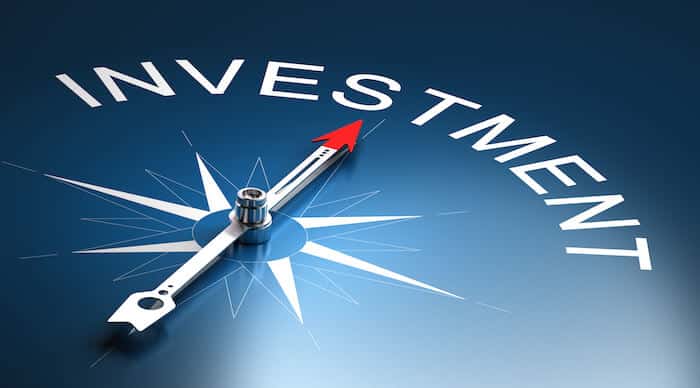


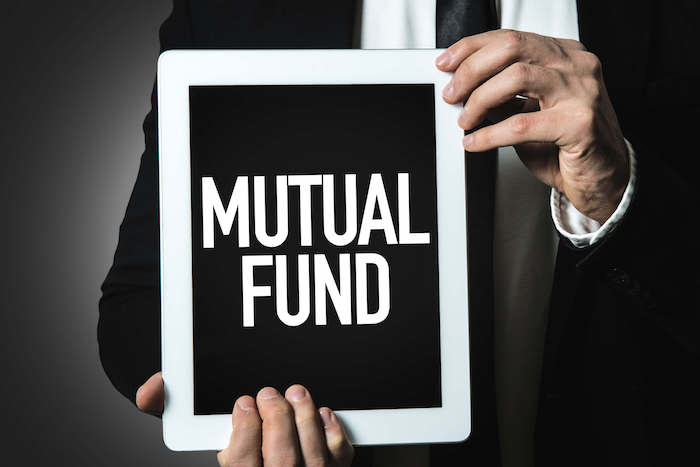




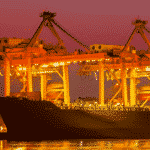


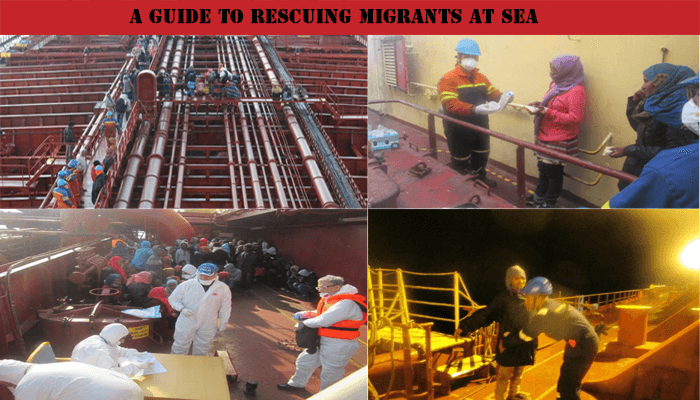



Dear Sir, Mr Kaushik….
Thanks for excellent articles. I m also ce in a HK based company……i bought my own house …hv abt 50L land and invested in abt 1.5cr in mutual funds and some cash as fds…Pls advised am i on right track.
My expenses are 50k/per month and want to retire at 50 i.e another 3 yrs.
Can you pls tell me am i on track for financial freedom and can i afford to retire. I hv two kids in cls12 and 10.
hi for low international calling via wifi or 3g or calling minutes, pls use this
LINK https://www.bossrevolution.com.sg/en-sg/register?ReturnUrl=%2Fen-sg%2Fmy-account%2Finternational-calling%2Ffree-trial&InviteID=c4428993926
try 1usd for free, later u can topup with debit card or credit card or paypal, the call quality HD crystal clear, rates are very cheap, it not a spam, it work for me.
tnks